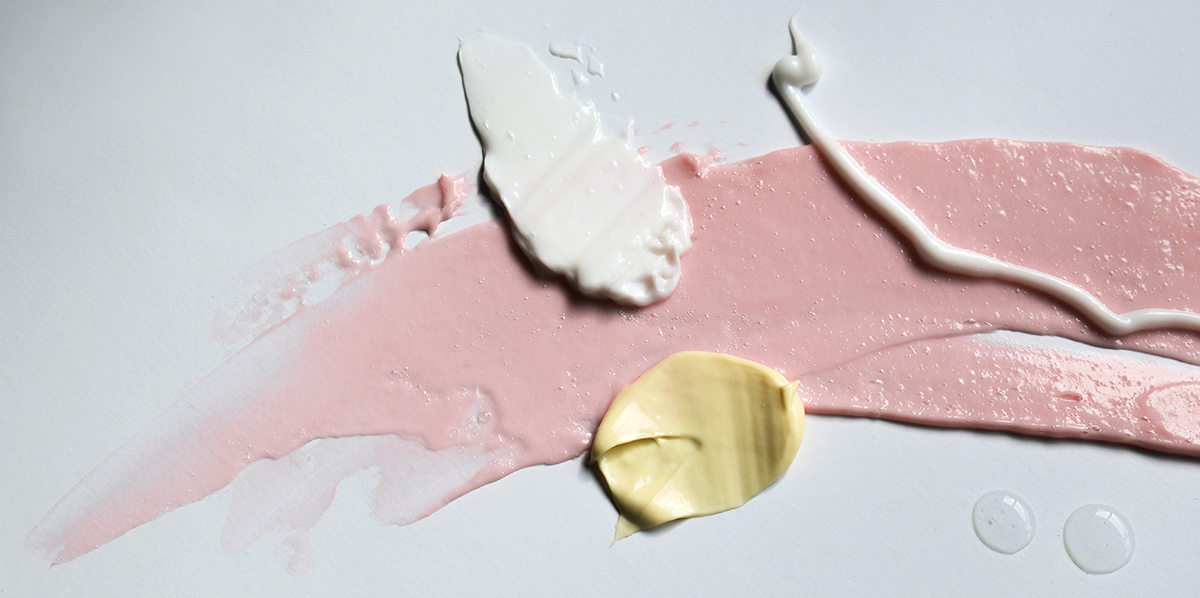Caring for your new tattoo is its own special project. In fact, most tattoo artists will tell you that aftercare in the first three weeks after you get inked makes the difference between healed, glorious art and potentially lightened areas or scars on your design. “Think of freshly tattooed skin the same way you would think about a burn or a surgical site,” says dermatologist
Before getting a tattoo
Before getting a tattoo, Zeichner says to make sure that the skin is properly disinfected both through cleansing and with rubbing alcohol. “This kills any bacteria on the skin and minimizes the risk of an infection,” he explains.
How to cleanse the area
It’s important that the skin should be gently cleansed, avoiding any harsh soap or scrubs, he notes. “After any open skin has started to heal, move from your antibacterial ointment over to a moisturizer to protect the skin,” Zeichner says. He recommends Dove Deep Moisture Body Wash ($9; target.com). “This cleanser uses glycinate surfactants, which are tiny, gentle cleansing ingredients that do not disrupt the skin barrier,” he explains. It also contains hydrating benefits to moisturize the skin while you wash, he adds. For cleansing facial tattoos gently, even microblading and lip tints, try Ktchn Apothecary’s Hydrating Facial Cleanser ($18; shopktchanpothecary.com) which is formulated with all natural ingredients, including aloe vera and avocado extract.
Hydrate, hydrate, hydrate
Although your artist may have his or her own aftercare specifications, Zeichner stresses the importance of keeping the skin well-hydrated and maintaining a healthy skin barrier to protect the tattooed skin, especially in the first two to four weeks after getting a tattoo. His recommendation? Lubriderm Tattoo Daily Care Lotion, ($9; harmondiscount.com) designed specifically with tattooed skin in mind. Perfect for using on the entire body, it boasts an easy-to-spread formula offering hydration, without weighing down the skin. “This ultra-light lotion is enriched with the stearic acid, a fatty acid that helps soften and protect the skin,” he says.
As for facial moisturizers to protect the skin as it heals, La Solution 10 De Chanel Sensitive Skin Cream ($80; nordstrom.com) is wonderful for all skin types and features just ten carefully selected ingredients to soothe even easily irritated skin. If your tattoo is on your face, neck, or chest, these Revive sheet masks from Marmur Metamorphosis ($80/4-Pack; marmurmetamorphosis.com) are designed to help heal skin post-procedure, enriched with adaptogenic, antioxidant ginseng flecks, which help with the visible effects of aging and help to tone and brighten the skin.
It’s the balm
In the winter, at night, or for those who prefer a balm-like consistency, try CeraVe Healing Ointment, ($12; amazon.com) which can be used anywhere on the body, as well. Its lack of scent won’t compete with your regularly scheduled fragrances and creams. Another option incorporating natural ingredients is Honest Company All-Purpose Balm ($13; target.com), which blends a bevy of natural oils—olive, coconut, shea butter — and is made without mineral oil, parabens, and synthetic fragrances.
Be an ‘oilist’
In addition to lotions and creams, oils used on a regular basis help protect the look of your body art as it heals so that your design really pops. Osea Undaria Algae Oil ($48; oseamalibu.com) features a blend of cypress oil and organic seaweed to help penetrate the skin, making the color of your tattoo appear more vibrant.
Apply SPF
When you are outdoors, apply a sunscreen with broad spectrum UV protection to prevent fading of the tattoo. Zeichner recommends “a mineral-based sunscreen that contains zinc oxide because they do not cause irritation, they provide effective UV light protection, and zinc oxide itself protects the skin.” His pick: Aveeno Positively Sensitive Skin Mineral Sunscreen SPF 50 ($10; target.com). “The best sunscreen uses zinc oxide to provide both UVA and UVB light protection,” Zeicnher says. This one from Aveeno is non-irritating and actually soothes the skin as well, he adds.
Related: When You Can (and Should!) Put Sunscreen on a New Tattoo

